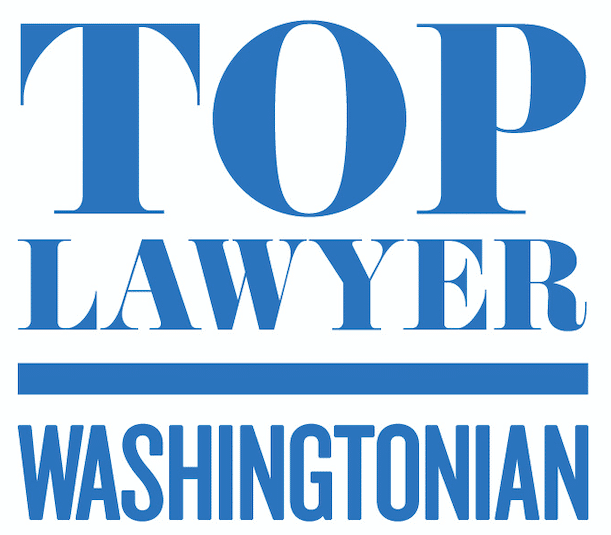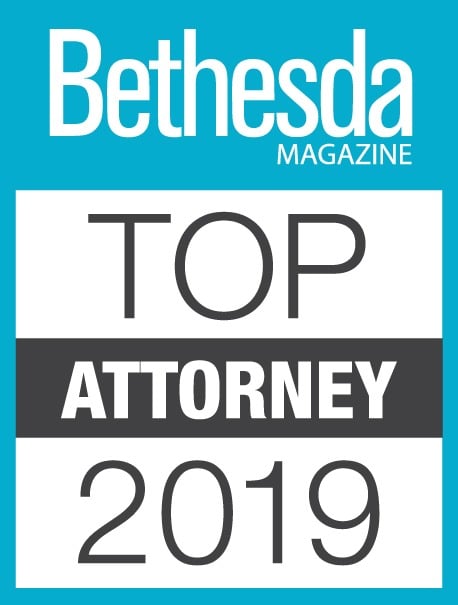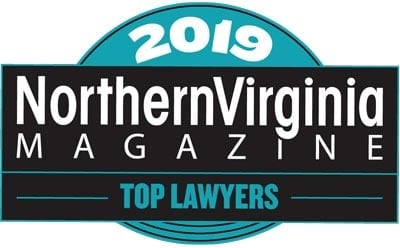Whistleblower Retaliation Against an Employee About to Blow the Whistle
Yes, some whistleblower protection laws prohibit retaliation against an employee who is about to report or who threatens to file a complaint. For example, in Occhione v. PSA Airlines, Inc., ALJ No. ARB No. 13-061, ALJ No. 2011-AIR-12 (ARB Nov. 26, 2014), the ARB found that an employee’s verbal threats that he was going to report perceived violations of law to the FAA was protected activity. The Board reversed the ALJ’s finding that the threats to report failed to allege specific violations of law and therefore were too vague to be protected. In reversing the ALJ’s finding, the ARB recognized that the ALJ based its decision on Board precedent that had held that protected complaints must be specific. The ARB clarified that based on more recent Board and Fourth Circuit precedent, the specificity standard is inconsistent with the purpose of the AIR21 whistleblower statute.
The Board held that the AIR21 whistleblower provision explicitly protects employees “about to provide” information to the federal government relating to any violation of any FAA standard or “about to file” a proceeding relating to any such violation. See 49 U.S.C. § 42121(a)(1), (a)(2). Citing “about to provide” language in other Department of Labor whistleblower statutes, the Board explained that the ARB and courts have interpreted this language as protecting employees who, regardless of whether they have actually filed, have threatened to file complaints with the federal government. See, e.g., Mandreger v. Detroit Edison Co., No. 1988-ERA-017 (Sec’y Mar. 30, 1994); Saporito v. Cent. Locating Servs., Ltd., ARB No. 05-004, ALJ No. 2004-CAA-013 (ARB Feb. 28, 2006). The Board also cited language in the SOX whistleblower statute that protects employees who “file . . . or otherwise assist in a proceeding filed or about to be filed . . .” that courts have interpreted as protecting an employee’s anticipated testimony, even if the employee has not linked that testimony to a specific violation. See 42 U.S.C. §1514A(a)(2); Romaneck v. Deutsche Asset Mgmt., No. C-05-2473, 2006 WL 2385237 (N.D. Cal., Aug. 17, 2006).
Citing Sylvester v. Paraxel Int’l LLC and its progeny, the Board explained that the “definitive and specific” standard it had used in earlier SOX decisions is inconsistent with the statute’s language and purpose, and SOX instead protects an employee who reports what she “reasonably believes” is a violation of law. ARB No. 07-123, ALJ Nos. 2007-SOX-039, -042 (ARB May 25, 2011); 42 U.S.C. §1514A(a)(1). The Board clarified that, as it held in Sylvester, the reasonable belief standard entails an examination of the reasonableness of an employee’s beliefs, not whether the employee communicated this reasonableness to management at the time.
The Board held that as long as complainant Occhione had a reasonable belief that he was about to report information related to any violation or alleged violation of any law or regulation of the FAA, his communications were protected. It did not matter whether he conveyed his reasonable belief to his employer when he threatened to report. Because the ALJ held that Occhione’s belief was reasonable when he wrote to the FAA a month after he informed his supervisors of his intent, the Board held that his belief must have been reasonable when he threatened to report. Although Occhione did not inform his supervisors of the reasonableness of his belief when he threatened to report, his activity was protected.
Therefore, where an employee has a reasonable belief that she is about to report information related to a violation of law to a federal authority, whistleblower laws prohibit her employer from retaliating against her when she is about to report or for threatening to report.
Whistleblower Retaliation Lawyers
If you have suffered retaliation for whistleblowing, call our experienced whistleblower lawyers today at 202-262-8959. Whistleblower retaliation can take many forms and can exact both a financial and emotional toll on the whistleblower. Federal and state whistleblower retaliation laws provide a wide range of remedies, including lost wages, compensatory damages, and punitive damages.












